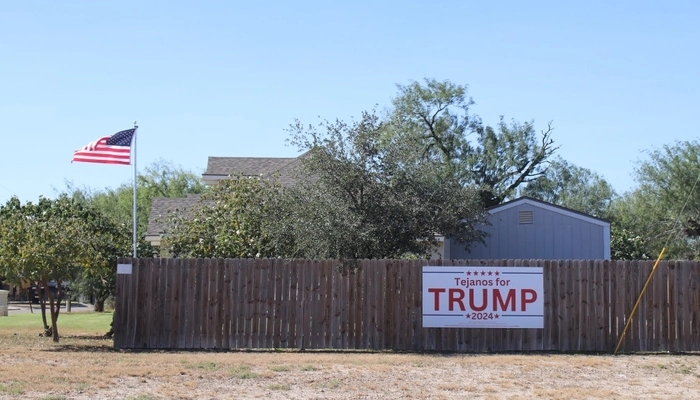
Border security tensions between Canada and the U.S. have intensified following U.S. President-elect Donald Trump’s threat to impose steep tariffs in response to drug trafficking and irregular migration. In response, Canada announced plans to strengthen its border with the U.S., highlighting the importance of securing cross-border cooperation to address these complex issues.
Canada’s Plan to Bolster Border Security
Canadian Public Safety Minister Dominic LeBlanc stated that the government is prepared to increase investments in border security. While specific measures remain undisclosed, LeBlanc confirmed Ottawa’s intention to tighten regulations, particularly to prevent unauthorized crossings into the U.S. He reassured that Canada would enhance its immigration system to ensure both countries’ safety and border integrity.
This move follows a high-level meeting in Ottawa where Prime Minister Justin Trudeau and provincial premiers addressed the escalating situation. Concerns have grown after Trump announced plans for a 25% tariff on imports from Canada and Mexico until drug trafficking and unauthorized migration are controlled.
Rising Concerns Over Drug Trafficking
Although the U.S.-Mexico border often dominates headlines, the U.S.-Canada border is drawing attention due to changes in migration and drug trafficking patterns. U.S. Customs and Border Protection (CBP) recorded nearly 199,000 border encounters between October 2023 and September 2024. However, drug seizures dropped significantly during the same period, with U.S. authorities confiscating 5,245 kilograms of drugs, primarily marijuana, compared to 25,000 kilograms the previous year.
Despite the decline, the rhetoric surrounding border security has heightened, with Trump citing drug trafficking and migration as key reasons for his tariff threats.
Stricter Immigration Measures
The U.S. and Canada have expanded the Safe Third Country Agreement (STCA), enabling immediate expulsion of asylum seekers crossing at unofficial points. This agreement covers the entire 6,416 km U.S.-Canada land border, allowing authorities to turn back asylum seekers between ports of entry.
Previously, individuals reaching Canadian soil could apply for asylum, leading to thousands crossing during Trump’s first term amid anti-immigrant policies. Now, the expanded STCA aims to deter such crossings, although it has raised human rights concerns.
Read: 10-Day Ceasefire Declared in Kurram Amid Tribal Clashes
The Human Cost of Border Tensions
Recent years have seen tragic incidents involving migrants attempting to cross the U.S.-Canada border. In 2023, a Romanian family drowned in the St. Lawrence River after their asylum claim was rejected in Canada. Similarly, an Indian family froze to death in 2022 while crossing into the U.S. from Manitoba during harsh winter conditions. These incidents underscore the dangerous realities of irregular migration driven by restrictive border policies.
Political Divisions in Canada
While most Canadian politicians oppose Trump’s tariff threats, right-wing leaders have expressed support for stronger border measures. Ontario Premier Doug Ford and Quebec Premier François Legault called for stricter immigration controls, with Legault urging the federal government to present a detailed border security plan.
Conservative leader Pierre Poilievre blamed Trudeau for the border crisis, arguing that weak policies led to chaos. Meanwhile, Trudeau faces mounting political pressure as his government grapples with a housing crisis, rising costs, and declining popularity ahead of the 2025 federal election.
Human Rights Advocates Speak Out
Human rights groups have criticized Trump’s rhetoric, urging Canadian leaders to challenge his narrative. Julia Sande from Amnesty International Canada emphasized that seeking asylum is legal and warned against conflating migration with criminal activity. Alex Neve, an international human rights professor, condemned Canada’s alignment with Trump’s aggressive stance, warning of the negative impact on refugees and migrants.
As tensions escalate, the future of Canada-U.S. relations and their approach to border security remains uncertain.
Follow us on Google News, Instagram, YouTube, Facebook,Whats App, and TikTok for latest updates












